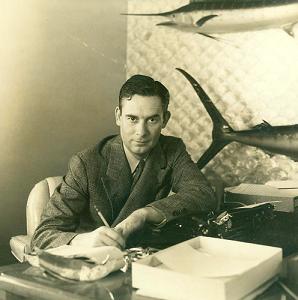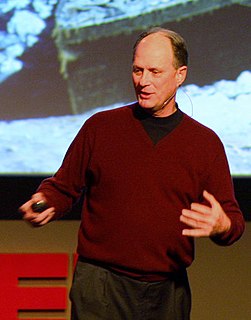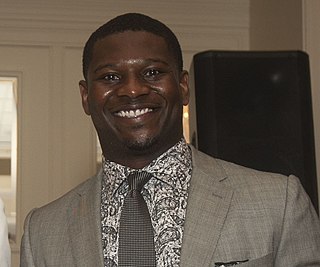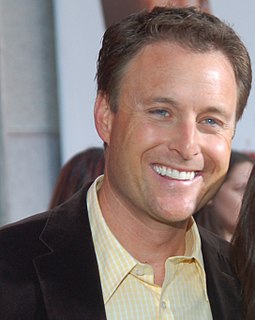A Quote by Alice Englert
I think that every child grows up with the ideas that what we are given, is our society. Your education, and your mother and father, they tell you this is how it is, but then you hit adolescence and you think, 'Is it? Why? Why is it like that?' Sometimes that questioning leads to something more.
Related Quotes
I think that every child grows up with the ideas that what we our given, is our society. Your education, and your mother and father, they tell you this is how it is, but then you hit adolescence and you think, 'Is it? Why? Why is it like that?' Sometimes that questioning leads to something more. Sometimes it doesn't, and we just continue these cycles.
When Patanjali says "non-attachment", he is not anti-love. Really, he is for love. Non-attachment means be natural, loving, flowing, but don't get obsessed and addicted. Addiction is the problem. Then it is like a disease. You cannot love anybody except your child - this is addiction. Then you will be in misery. Your child can die; then there is no possibility for your love to flow. Even if your child is not going to die, he will grow. And the more he grows, the more he will become independent. And then there will be pain. Every mother suffers, every father suffers.
You start questioning yourself: Who am I? Where do I belong? Where am I going? Why is my city divided? Why are we not allowed to enter in certain areas? We used to ask my father why the Christians lived in another neighborhood and didn’t come to our neighborhood. I think my father was trying to avoid having us think about these issues.
For every mother who ever cursed God for her child dead in the road, for every father who ever cursed the man who sent him away from the factory with no job, for every child who was ever born to pain and asked why, this is the answer. Our lives are like these things I build. Sometimes they fall down for a reason, sometimes they fall down for no reason at all.
Make the most of every moment. Get excited about every little thing. Why not? Why not have your wonderful moment of excited anticipation? Why not be happy NOW? This is my greatest challenge, but something I'm pouring my heart into: learning how to enjoy what I have, right here, right now. Every moment is precious and although sometimes I struggle to see it, I see it more and more every day.
I think there's this standard in our society that when we become a mother, we just become a mother, and that's all you are. That's an amazing thing, but I think you're doing your child a disservice by not following your dreams either. I work really hard to make sure that I'm chasing all the things I always dreamed of.
Why be thrifty when your old age and health care are provided for, no matter how profligate you act in your youth? Why be prudent when the state insures your bank deposits, replaces your flooded-out house, buys all the wheat you can grow? ... Why be diligent when half of your earnings are taken from you and given to the idle?
In Western society, and particularly in American society, imagination is stulified from infancy. The imaginative child is discouraged and upbraided. He is told that the process is mere dreaming, that it wastes time and leads nowhere. It is said to be "impractical." As the child grows and its imagination inevitably leads it to express unconventional ideas and to try new behavior, it is chided and even viciously punished for such signs of unorthodoxy.
Most of the time you are growing up, people tell you what's wrong with you. Your coach tells you, your parents tell you, the teachers tell you when they grade you. I think that's very good in the early stages, because it helps you then develop skills. But at some point in your career, generally I think when you are in your teens, you look in a mirror and you have to say, despite all the bumps and warts, "I like that person I'm looking at, and let's just do our best."
I began thinking about why am I constructing almost a shadow father or ghost father in my head into Graham Greene in response to the father who created me? What's going on here? I think a part of my sense is it's every boy's story. When we are kids, we imagine that to define ourselves or to find ourselves means charting your own individuality, making your own destiny and actually running away from your parents and your home and what you grew up with.
In the range of things toddlers have to learn and endlessly review--why you can't put bottles with certain labels in your mouth, why you have to sit on the potty, why you can't take whatever you want in the store, why you don't hit your friends--by the time we got to why you can't drop your peas, well, I was dropping a few myself.



































